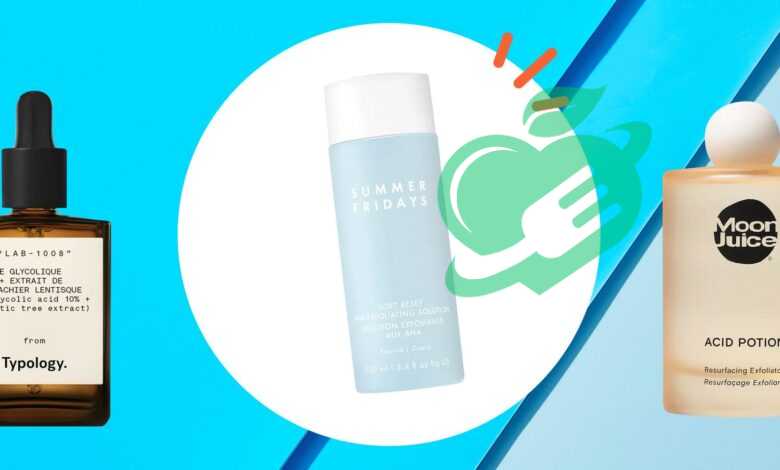
What’s Beta Hydroxy Acid (BHA)?
When you dive into skincare, you start to appreciate how great exfoliants can be and BHA is a big player here. This is a water-soluble acid that gets in deep into your pores which is awesome for folks with oily or acne-prone skin. Unlike AHAs, which work on the surface, BHAss stays effective in oily conditions, focusing on acne and excess oil.
When I first gave a BHA exfoliant a try, I was blown away by how well it cleared out my pores. I had my doubts at first but once I started using it, I saw some amazing changes. My skin became smoother and clearer and I noticed fewer breakouts.
Why Use BHA Exfoliants?
There’s more to BHA exfoliants than just treating acne. Here are some great benefits:
- Deep Clean: BHA penetrates deep, getting rid of dead skin cells and revealing fresh skin underneath for that healthy glow.
- Soothing Effects: It helps reduce redness and irritation, making it perfect for sensitive skin.
- Better Skin Feel: Consistent use of BHA can help even out your skin and minimize the look of large pores.
- Fewer Breakouts: BHA keeps your pores clear and prevents excess oil, which can help lessen acne.
- Boosts Skincare: Using a BHA exfoliant can help the other products you put on after work work better.
Adding BHA to your skincare routine could reighten up your complexion and give you the confidence to show your skin off.
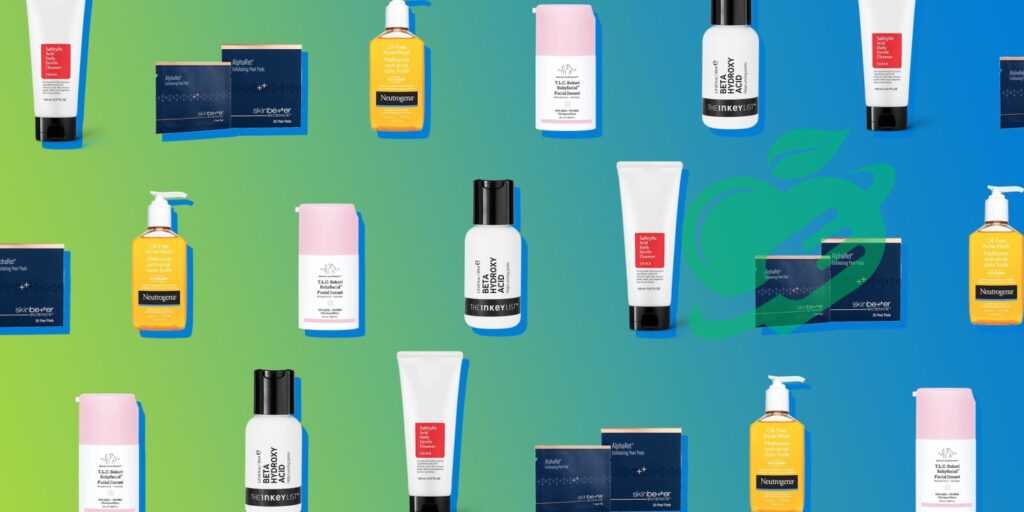
Different Types of Beta Hydroxy Acids
Salicylic Acid
Salicylic acid is probably the most popular BHA, and it’s super effective for fighting acne. This ingredient gets deep into your pores, dissolving excess oil and helping prevent breakouts. The moment I started using salicylic acid products, I could tell my skin was changing for the better. Those pesky blackheads on my nose started to fade, and everything felt smoother overall.
- Benefits:
- Gets deeply into oily pores.
- Lowers redness and swelling that comes with acne.
- Helps clear out existing blemishes and stops new ones from popping up.
Citric Acid
While citric acid is mainly known as an AHA, it also pops up in the BHA conversation because it’s great for exfoliating. Extracted from citrus fruits, it brightens skin and helps create a more even tone. Adding this to your routine can make your skin feel energetic and fresh.
- Benefits:
- Gently exfoliates dead skin away.
- Helps brighten up the complexion and tackle dark spots.
- Works on improving your skin’s texture overall.
Read also: Hyaluronic Acid Cream 101: Everything You Need to Know for Perfect Skin.
L.actic Acid
Lactic acid is kind of known as an AHA but it has some mild BHA effects especially when used for acne treatments. This natural acid from milk not only exfoliates but also helps hydrate your skin.
- Benefits:
- Gentle exfoliation is perfect for sensitive skin.
- Boosts hydration for a bouncier, plump appearance.
- Helps with fine lines and uneven skin tones.
Knowing all these different types of beta hydroxy acids lets you customize your exfoliating routine to fit your skin’s unique needs.
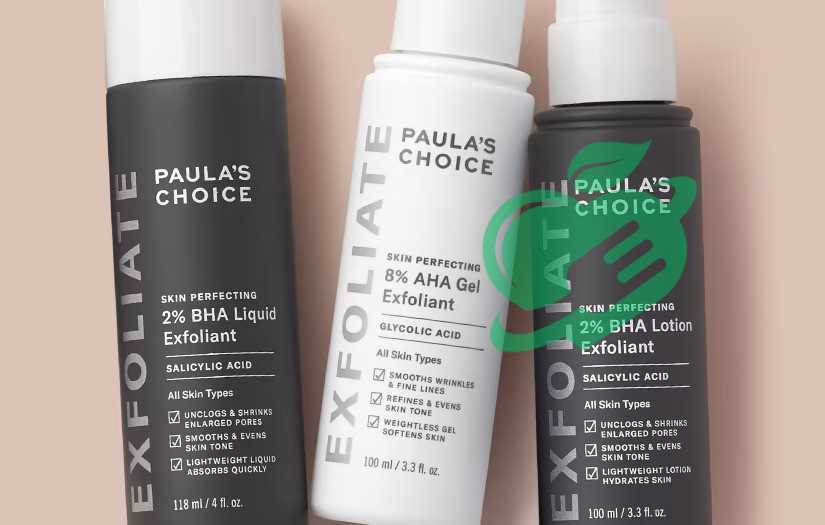
Why Derms Love Beta Hydroxy Acid Exfoliants
It’s no wonder dermatologists often point people towards beta hydroxy acid (BHA) exfoliants for tackling acne. One of the big reasons is its fantastic ability to hit breakouts where it hurts. Salicylic acid, the star BHA, reaches deep skin levels helping clear out the oil and dead skin that cause clogged pores.
When I first talked to a dermatologist about my stubborn acne, they told me to give a BHA exfoliant a shot. Let me tell you, the results were amazing! Within a few weeks, I saw my skin clear up. Here are some key points on why BHA is effective against acne:
- Clears Pores: By breaking down the gunk that causes acne, BHAs stop new breakouts from forming.
- Less Redness: The anti-inflammatory benefits of salicylic acid keep the skin calm, reducing redness and swelling from acne spots.
- Prevents New Breakouts: Regular use can help keep oil levels balanced, leading to fewer flare-ups.
Deep Exfoliation Advantage
Not all exfoliants are equal; BHA stands out because it exfoliates where you wear it—beneath the skin’s surface. This deep cleaning is particularly great for those with oily or combination skin.
With BHA, you can expect:
- Smoother Skin: By shedding the dead skin cells clogging your pores, everything feels smoother and looks smaller.
- Brighter Complexion: Removing dull layers reveals fresher skin underneath.
- Longer Lasting Effects: This deep cleansing allows other products to work better, enhancing their effectiveness.
For people looking for a way to tackle acne while improving overall skin feel, it’s clear why dermatologists suggest adding BHA exfoliants to a good skincare routine.
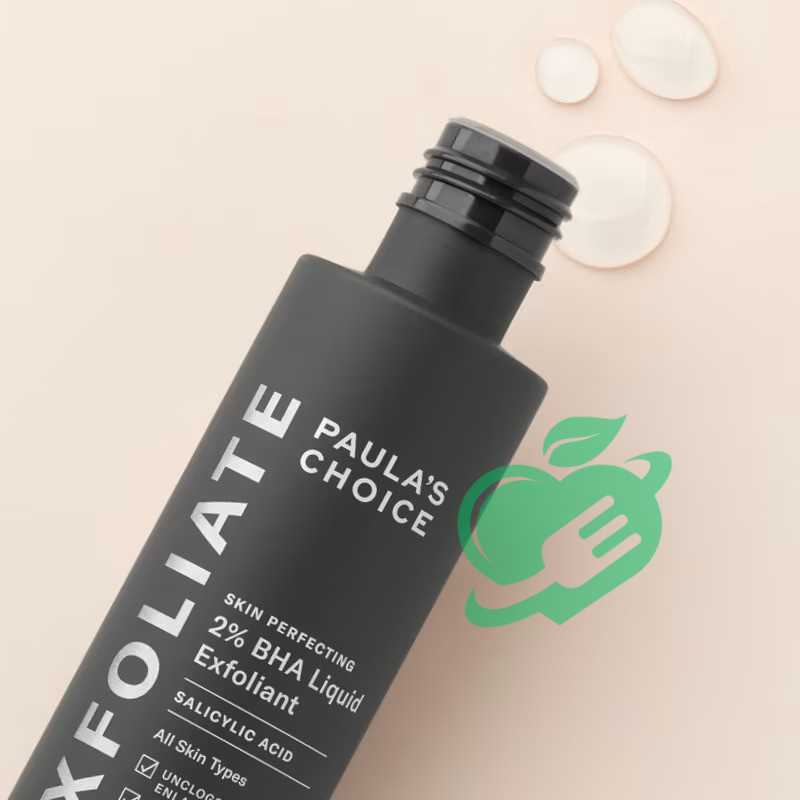
How to Add Beta Hydroxy Acid Exfoliants to Your Skincare?
Before you dive into using beta hydroxy acid (BHA) exfoliants, it’s super important to take it slow. One method that’s a must before jumping in is patch testing.
This step helps you spot any possible reactions before using it frequently. Here’s how you can do it:
- Pick a Small Area: Choose a spot on your skin that’s not too noticeable, like the inner wrist or behind your ear.
- Apply a bit of the Product: Dab a little of the BHA on this area.
- Wait for 24-48 Hours: Keep an eye on that spot for any signs like redness or itching.
If everything looks good after testing, you can try it on your face confidently. When I first started using BHA, patch testing gave me the peace of mind I needed.
How Often to Use It?
After you’ve patched and sted successfully, figuring out how often to use BHA is key. Depending on your skin type and how it reacts, here’s a quick guide:
- For Oily or Acne-Prone Skin: You might wanna start using it 2-3 times a week.
- For Normal or Combination Skin: Try 1-2 times a week.
- For Sensitive Skin: Begin with once a week and then see how your skin adjusts.
I remember starting with a lighter approach and then adapting it based on how my skin felt. Just listen to your skin!
Possible Side Effects
Even though BHA exfoliants are amazing for your skin, you still need to be aware of any potential side effects. Common ones might include:
- Dryness or Flaky Skin: Over-exfoliation might weaken your skin barrier.
- Redness: New users may see temporary redness that usually goes down as they get used to it.
- Increased Sensitivity to Sulfates: BHAs can make your skin more sensitive to the sun, so always use sunscreen.
Navigating through skincare can be tricky, but being mindful can help. By sticking to these steps, you can safely use beta hydroxy acid exfoliants and enjoy all the great skin perks they can provide.
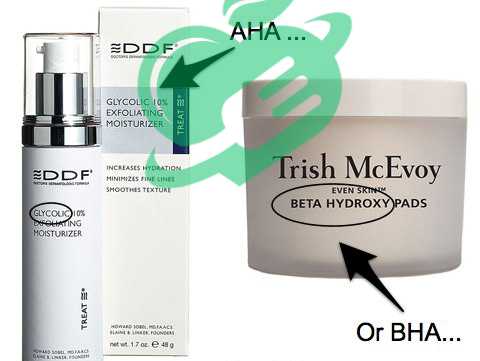
BHA vs AHA: What’s the Diff?
When you start looking into exfoliants, you’ll run into two main categories: beta hydroxy acids (BHAs) and alpha hydroxy acids (AHAs). They’re both great at exfoliating the skin but they work differently.
- BHAs (Beta Hydroxy Acids):
- Dissolves in oil, meaning they can go deep into the pores.
- Great for oily and acne-prone skin to get rid of the extra sebum and clear clogged pores.
- Salicylic acid is a well-known example and does wonders with inflammation.
- AHAs (Alpha Hydroxy Acids):
- Dissolves in water, mainly focusing on the skin’s surface.
- Perfect for dry or sun-damaged skin types, they help enhance the surface texture and encourage collagen.
- Common ones include glycolic and lactic acid, which are great for giving your skin a glow.
When I learned about these differences, it helped me fine-tune my skincare routine to what worked best for my skin.
Read also: 5 important therapeutic procedures to eliminate acne
Choosing the Right Acid for Your Skin
Picking the right acid can make a big difference in how your skin looks and feels. Here’s a quick guide:
- Oily or Acne-Prone Skin:
- Recommendation: Go with BHAs! They attack breakouts and control oil wells.
- Dry or Sensitive Skin:
- Recommendation: Stick to AHAs. They gently exfoliate while hydrating, making them perfect for delicate skin.
- Combination Skin:
- Recommendation: Mixing both can be great; consider alternating between BHAs and AHAs.
When you get the hang of what makes BHAs and AHAs different, it gives you the power to make smart choices for your skincare. With the right exfoliant, you can rock a radiant, healthy complexion that suits your unique skin.
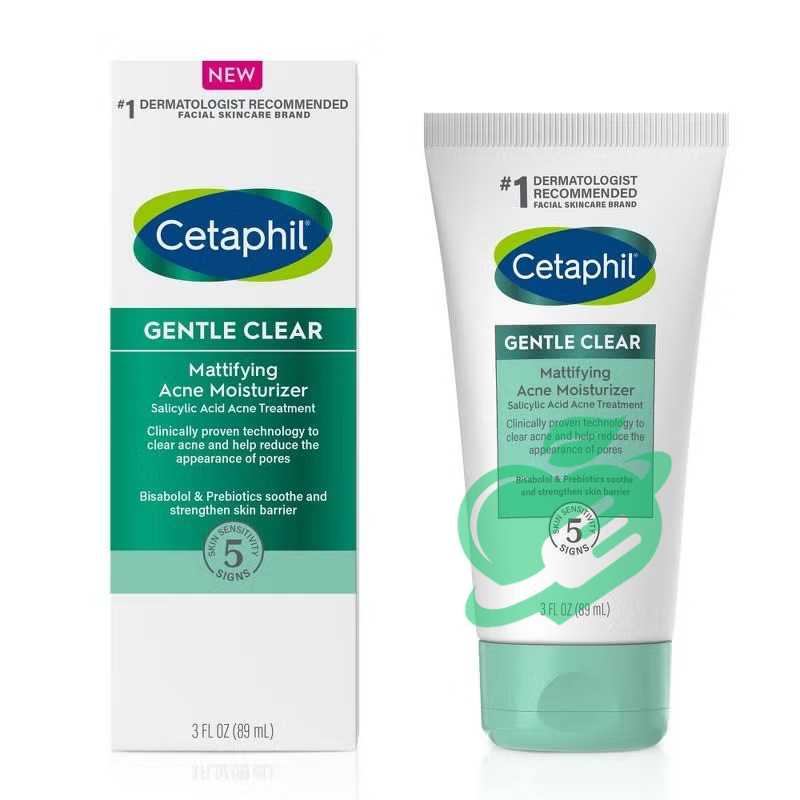
Top Beta Hydroxy Acid Exfoliant Picks from Dermatologists
Brand A BHA Exfoliant
A leading name in the BHA game is Brand A, well-known for its Salicylic Acid formula. Derms often recommend it because it cleans pores effectively yet gently.
- Key Features:
- Contains 2% salicylic acid for tackling acne without causing too much irritation.
- Infused with ingredients to soothe redness and irritation.
- Lightweight and absorbs quickly, with a greasy feel.
I remember trying Brand A for the first time; within just a week I saw a significant drop in the blackheads on my nose. It’s a great everyday choice that’s effective without harsh effects.
Brand B BHA Exfoliant
Another great option is the Brand B BHA exfoliant, which combines salicylic acid with natural stuff like willow bark extract. This brand is well-liked for its multitasking abilities.
- Key Features:
- Gentle exfoliation is suitable for sensitive skin.
- Helps reduce the look of large pores and rough spots.
- Non-comedogenic, so it won’t block pores.
After switching to Brand B, I noticed my skin felt a lot nicer overall. The soothing touch of willow bark was a game-changer, especially after long days or the occasional breakout.
So if you’re looking to add beta hydroxy acids to your routine, these brands are solid options recommended by pros. Choosing the right product can seriously change the game for your skin.
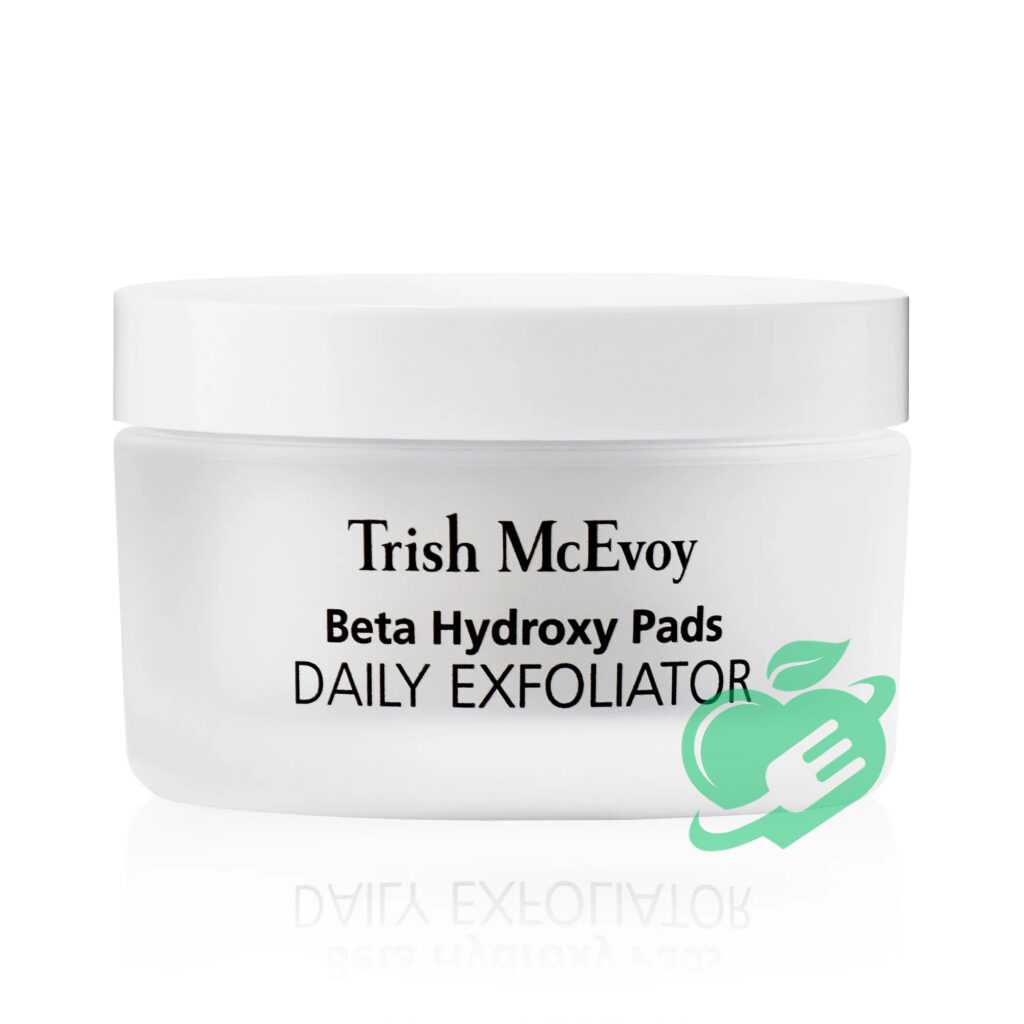
Maximizing Your Beta Hydroxy Acid Exfoliant Benefits
Don’t Forget Sun Safety
While using beta hydroxy acid (BHA) exfoliants can do wonders for your skin, many folks forget how important sun protection is. BHAs can ramp up your skin’s sensitivity to sunlight, so sunscreen is a must after using them.
- Daily Sunscreen: Grab a broad-spectrum SPF of at least 30 and lather it on every morning, even if it’s cloudy.
- Reapply: If you’ll be outside for a while, reapply every couple of hours, especially if you’re swimming or sweating.
I learned this lesson the hard way; I skipped sunscreen once and faced unexpected redness. That hit home for me, and now sunscreen is a must every day.
Read also: Best Build Muscle Supplements You Need to Try Now
Watch What You Mix
Another tip for getting the most out of your BHA exfoliants is to be careful about what other products you use alongside them. Some ingredients can lessen the effects of BHAs or irritate.
- Skip Mixing with Retinol: Using BHAs with retinol can, especially problematic for those with sensitive skin.
- Avoid Other Strong Acids: Mixing BHAs with other strong acids like AHAs can overwhelm the skin.
- Hydrate!: Use hydrating stuff like hyaluronic acid after applying BHA to keep your skin balanced.
By integrating these tips into your routine, you can achieve the results you’re getting from your beta-hydroxy acid exfoliants. Focus on sun safety and be choosy about what you mix so you can maximize all the good stuff BHA offers while avoiding problems. Your skin deserves all the care it can get, so every little bit helps!
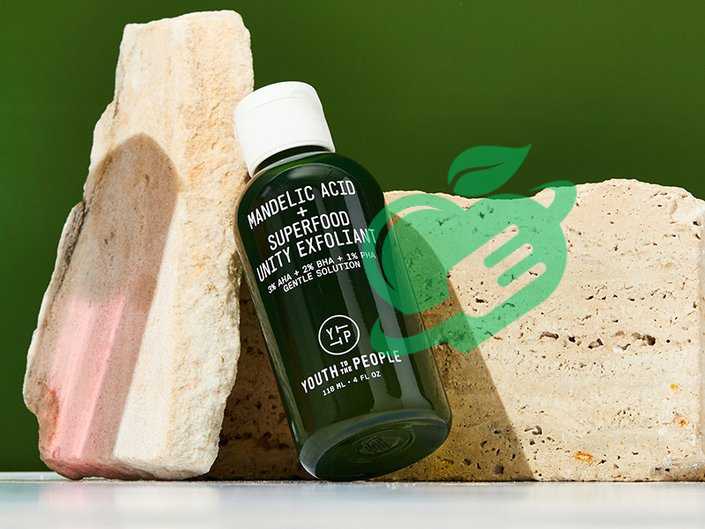
Risks and Precautions with Beta Hydroxy Acid Exfoliants
Even though beta hydroxy acids (BHAs) have a lot of benefits, it’s important to know about potential risks like allergic reactions. Just like any skincare product, BHA exfoliants can cause reactions in some people.
- Common Symptoms:
- Redness or irritation
- Itching or swelling
- Burning sensations
Before adding a new BHA exfoliant to your routine, it’s smart to take precautionary steps. Please do a patch test first by applying a small amount on my forearm. This helps me see how my skin might react.
If you notice any of these symptoms when you start using a product, it’s important to stop using it and think about seeing a dermatologist. Reactions can vary in severity so make sure to prioritize your skin’s health.
Read also: Benzoyl Peroxide Cream: The Acne Fighter You Need
Talk to a Dermatologist
It’s always a good idea to chat with a dermatologist before starting any BHA exfoliant routine. Even if you’ve done your research, having tailored advice from a professional can make a big difference.
- What They Can Offer:
- They’ll assess your skin type and concerns.
- They can recommend the best BHA products for you.
- They’ll guide you on how often to use it based on your skin’s tolerance.
During my skincare journey, getting help from a dermatologist changed my routine. They helped me figure out what my skin needed and gave me personalized suggestions that had such a positive impact.
To sum up w, while beta hydroxy acid exfoliants are some powerful tools for achieving clear and glowing skin, being aware of possible risks and consulting with a dermatologist is super important for getting the best results safely Your skin deserves top-notch care and these precautions help put you on the right path.
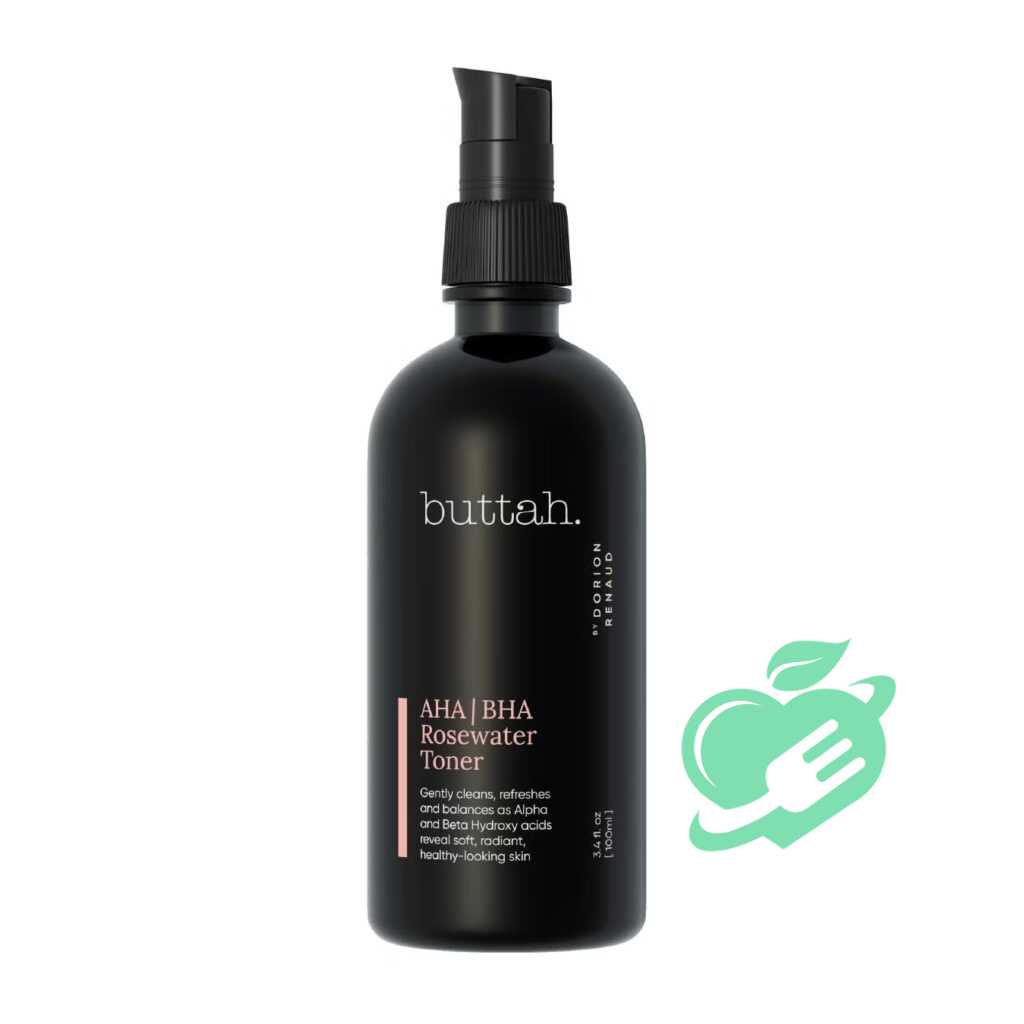
Quick Recap on the Benefits of BHA Exfoliants
As we wrap up our journey into beta hydroxy acid (BHA) exfoliants, it’s clear they pack a punch when it comes to benefits. Whether you’re dealing with acne, oily skin o, or just want smoother skin, BHAs can boost your skincare routine.
Quick recap of the standout benefits:
- Deeper Exfoliation: BHAs dive down into the pores, breaking down excess oil and dead skin cells.
- Helps Acne: These acids have anti-inflammatory properties that reduce redness and keep new breakouts at bay.
- Skin Texture Improvement: Using them regularly can give you more refined skin and reduce the look of large pores.
- Brightening Effect: By sloughing off dull skin, BHAs help you unveil a healthier glow.
I can personally vouch for these benefits and couldn’t be happier with the results of using BHA on my skin.
Final Thoughts
As you think about adding beta hydroxy acid exfoliants to your routine, here are some last thoughts to help you get the most out of your experience:
- Take It Slow: Start with a lower strength or use it less often to see how your skin reacts.
- Prioritize Sun Safety: Always wear a broad-spectrum sunscreen daily, since BHAs may increase sensitivity to the sun.
- Seek Pro Advice: Don’t hesitate to get a dermatologist’s opinion for personalized help.
Following these tips and embracing the power of BHAs, you can achieve clearer, healthier skin and feel great about showing it off. Remember that getting your skin to look its best is not only about which products you pick but also about understanding what your skin specifically needs. Happy exfoliating!
Read also: Say Goodbye to Acne with Benzoyl Peroxide Cream.
Is beta hydroxy acid the same as salicylic acid?
In skincare, when you hear “beta-hydroxy acid,” it’s usually talking about salicylic acid. This is the go-to BHA that you’ll find in a ton of skincare products. 1
What does a BHA exfoliant do?
BHAs are great for clearing up blackheads and whiteheads, and they also have some awesome anti-inflammatory and antibacterial benefits. One of the most well-known ingredients in this group is Salicylic Acid, which is famous for helping with acne. While BHAs gently exfoliate the surface, they reign when it comes to digging deep into the skin. 2
Is it better to use BHA in the morning or at night?
You should apply retinol at night since it can break down when exposed to light and can make your skin more sensitive to sunburn. In the morning, try using BHA to help slough away any dead skin that might’ve built up from using retinol the night before. 3
Can I use beta hydroxy acid everyday?
In general, it’s alright to use BHA exfoliants every day if your skin handles it well without getting irritated or dry. But if you’ve got sensitive skin or are just starting BHA exfoliants, it’s a good idea to take it slow at first and ramp up usage as your skin gets used to it. 4
Follow us and support us to encourage writing more friendly and helpful articles about skincare and beauty! 🌸💬”
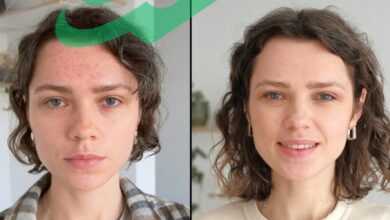
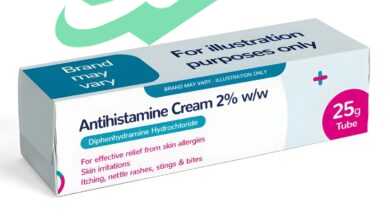

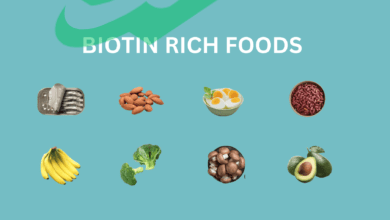
Thank you for your sharing. I am worried that I lack creative ideas. It is your article that makes me full of hope. Thank you